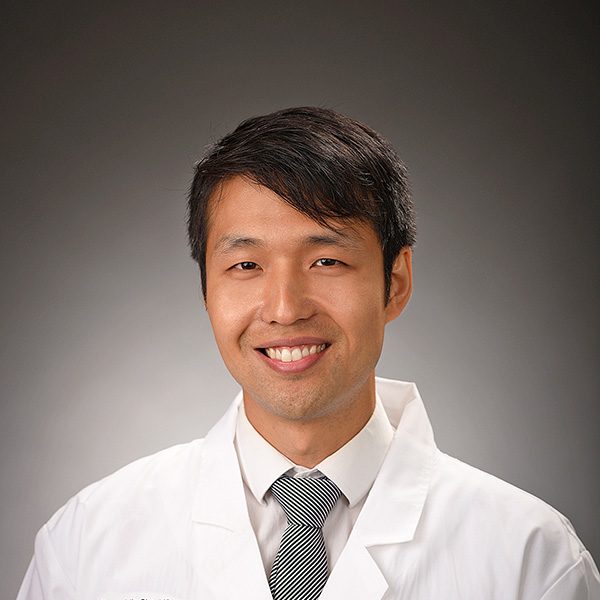By Dheeraj Chilamakuri, MHA
Please introduce us to your childhood and family.
“Half-Korean and half-Argentinean” is the first thing that comes to mind when describing my childhood. I was born in Seoul, South Korea. However, due to the Asian financial crisis of 1997, my family had to seek better economic opportunities in Argentina. I was devastated when I found out we had to relocate. Everywhere I went felt unfamiliar, and many hardships struck me down. Thanks to my parents, who were authentic influencers in finding motivations and curiosities in many fields, helped me adapt. We spent time in history museums, attended cultural events and visited libraries. Because of their help and support, I adapted quickly to a new culture, language and challenging situations.
How did moving to a different country help you grow?
Upon moving to Argentina, I quickly became interested in a new language and reached the level of being able to translate Spanish to Korean. My parents would ask me to help other Korean immigrants translate for hospital or clinical visits. I enjoyed helping people, giving them the necessary explanations about their health problems and leading them towards a solution. As a result of constant visits to the hospital for translation, I was fascinated by the science of human physiology. These experiences have made me who I am today, and my will to help is still ongoing.
What do you do when you are not in the hospital, saving lives?
I like sports! I participate in running races, marathons and obstacle runs, such as Spartan Race. I also enjoy reading medical thrillers such as Robin Cook’s books.
Tell us about your introduction to research and which researcher inspired you?
After finishing medical school, I moved to a research center in New York. There I conducted translational research on identifying the roles of IRF-5 and its complex signaling pathways involving Interferon and Janus Kinase (JAK). I was fascinated by the infinite potential of transcription factors and how their mechanism of action can be used to develop treatments for various autoimmune diseases, such as Buerger’s disease, Crohn’s and Rheumatoid Arthritis (RA). This experience solidified my goal to become a physician-scientist to understand immunology better and explain conditions at the molecular level.
Which specialty do you want to become a physician-researcher and why are you interested in this?
I was fortunate to be matched in the rheumatology fellowship program at Zucker Medical School in New York, to keep pursuing my dream of becoming a future physician-scientist. When I did my rotation in rheumatology during residency, I was fascinated by the discipline’s complexity, variety and depth of pathology. I was attracted to the pathophysiology and biological agents correcting the pathology at the molecular level. Innumerable patients presented with different symptoms from joint pain to skin disorders, and the challenge of thorough investigation as detective work of fitting things together was exciting. As Stephen Hawking used to say, “science is not only a disciple of reason, but also one of romance and passion.” I believe that every clinician should be exposed to research and evidence-based medicine. This will provide an authentic experience as a future physician-scientist to do translational research and generate fresh interdisciplinary approaches to scientific and clinical problems, providing the most excellent care to those in need.
Can you tell us about any cool research projects you worked on during your residency at NGMC?
One of the research projects I am working on is with Dr. Nass. During my rotation in nephrology, I saw many undocumented patients whose unfortunate situations do not allow them to have dialysis in an outpatient setting. Consequently, they have to come to the emergency room to get their dialysis through the vas-cath in the hospital. We collected data comparing infection rates through vas-cath, length of hospitalization, and mortality in patients on dialysis in outpatient settings versus inpatient settings. The preliminary data showed that inpatient setting dialysis has higher complications. We are planning to use this data to propose a need for funding in the future to support undocumented patients get dialysis in an outpatient setting.
For more information about research at NGMC GME, check it out here.

